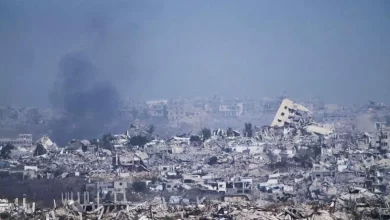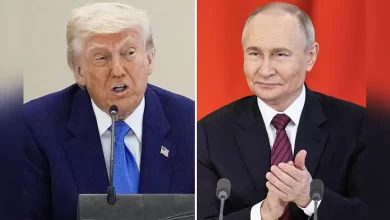Taliban using campaign against IS to boost legitimacy

Taliban regime in Afghanistan has intensified its war with the rival Islamic State-Khorasan (IS-K) terror group

New Delhi: The Taliban regime in Afghanistan has intensified its war with the rival Islamic State-Khorasan (IS-K) terror group, killing several senior leaders and commanders in recent months, the media reported.
Among them, according to the US, was the alleged mastermind of a suicide bombing outside Kabul airport in 2021 that killed some 170 Afghans and 13 American soldiers, RFE/RL reported..
The White House on April 26 announced that the alleged mastermind, whose identity has not been revealed, was killed in a recent Taliban operation.
But it did not say when or where he was killed, RFE/RL reported.
The Taliban has waged a brutal war to eliminate IS-K, the biggest threat to its rule in Afghanistan.
The regime appears to have weakened the group, whose attacks have waned in recent months.
But the Taliban also appears to be trying to use its campaign against IS-K to burnish its counterterrorism credentials and boost its legitimacy in the eyes of the international community, RFE/RL reported.
Under the US-Taliban deal signed in 2020, the militants pledged to prevent any group from using Afghan soil to attack other countries.
The international community, particularly Afghanistan’s neighbours, considers IS-K a significant security threat because of the group’s global ambitions.
Despite its efforts to eliminate IS-K, the Taliban is believed to be sheltering members of Al Qaeda and the Tehrik-e Taliban Pakistan (TTP) terror groups.
That is likely to temper hopes that the Taliban can be a reliable counterterrorism partner, RFE/RL reported.
On April 14, the Foreign Ministers of China, Russia, Iran, Pakistan, Tajikistan, Turkmenistan, and Uzbekistan said the Taliban has links with some extremist groups based in Afghanistan that “pose a serious threat to regional and global security”.
They include the Eastern Turkistan Islamic Movement, the Baloch Liberation Army, Jundallah, Jaish al-Adl, Jamaat Ansarullah, and the Islamic Movement of Uzbekistan, RFE/RL reported.







